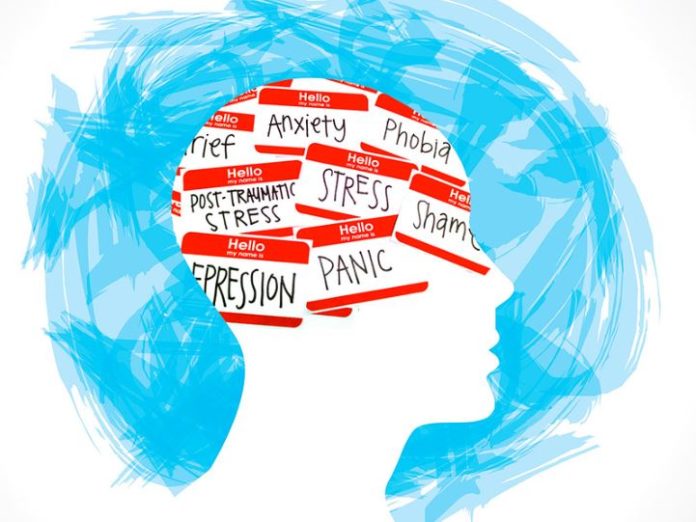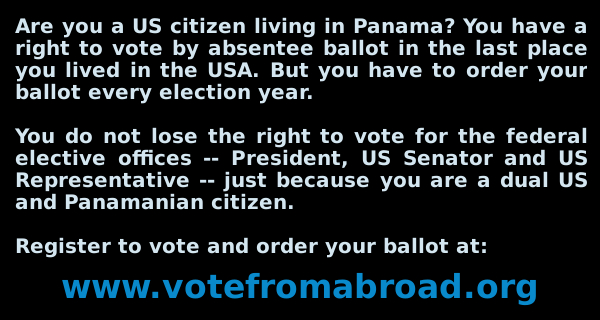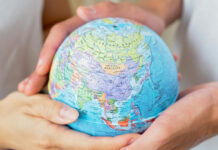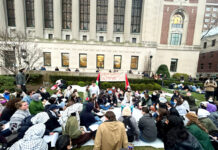People are reluctant to speak ab out suicide, men more so than women. Graphic by The People Speak!
Preventable, but not if it’s unspeakable
by Eric Jackson
Notwithstanding hype about what a happy society we are, Panama usually has an annual suicide rate of about 3.5 per 100,000. That’s about 150, but we can reasonably expect that it’s more. There are always uncertainties, and social mores will sometimes, for example when somebody dies of a drug overdose, tip a close call about suicide or accident toward the latter for the sake of sparing the surviving family some unwanted notoriety.
As if it’s the family’s fault. But in some way, might it be?
There are hereditary conditions that raise the risks of individuals killing themselves. Top among these are chronic depression, in its unipolar and bipolar forms.
A lot of suicides, especially among older folks, are motivated by fear of becoming a burden on family or society.
There are hellishly dysfunctional families or relationships, which may to some people make suicide look like a reasonable exit strategy — or twisted means of revenge.
Grinding poverty, especially with anticipation that it will shortly become worse, like the deterioration from hunger to homelessness, is often a factor.
And then, as any competent jailer knows, confinement will drive certain people in the direction of self-destruction.
In Panama, and around the planet, there is a pandemic and there are harsh quarantine measures to control it. Those on the front lines here are not releasing hard numbers — it would be difficult to do so even if they had any great desire to do so — but there is a ready admission by people in the know that the isolation of quarantine is exacting a mental health toll.
Should we be alarmed about the toll of those who know the most about the situation? Panama’s physicians and nurses, through their unions and professional associations, are complaining that the numbers of their profession who are affected by the COVID-19 crisis are being withheld from them. Juana Herrera, the mental health director for the Ministry of Health (MINSA), did, however, tell TVN that health care workers are at the moment especially vulnerable to mental health problems because of the stress of their jobs.
At Santo Tomas Hospital, chief of psychiatry Marcell Iván Penna Franco put it this way to La Critica:
The frequency of suicides or suicide attempts at this time is because we are in a situation that’s extremely irregular and totally new. … [People have] no way to deal with confinement stress.
For most people in Panama, certainly. But epidemics, wars and natural disasters that cause some of the similar conditions are well enough known in the world. World Heath Organization director-general Tedros Adhanom Ghebreyesus cites a typical situation:
Social isolation, fear of contagion, and loss of family members is compounded by distress caused by loss of income and often of employment.
From the start of Panama’s coronavirus quarantine, mental health issues and related problems were counted as likely challenges. It’s part of the reason why the “stay at home ” order was accompanied by a dry law, a special hotline for domestic violence and separate men’s and women’s shopping times that would likely give women an excuse to be outside of an abusive man’s presence long enough to report or seek help for the problem.
MINSA set up a special mental health hotline — 169, extension 2. The regular 911 emergency operators were advised to look for signs of mental disturbance and especially suicidal thoughts among those who contacted them. In our culture women are about twice as likely to ask for mental health services, and men are particularly reluctant to admit to suicidal thoughts. A tactful transfer to the right professional becomes a critical part of an emergency operator’s job these days.
So how bad is the situation? These days, especially in a gringo community that notoriously has people who believe in “alternative facts” and wild conspiracy theories, the lack of hard numbers will be take as proof of a sinister plot by which “they” can “control you.” There actually ARE control motives: the authorities don’t want people to batter other members of their households, riot in the streets, loot the closest mini-super or commit suicide. These are hard times and some sort of morale management is seen as a necessity to keep society from collapsing under all the stress.
So how hard is this work? One figure that MINSA did share with La Estrella: in the first week of May, the 169, extension 2 mental health hotline took 281 calls. The state of the mental health professionals who took those calls? That, MINSA does not say. It should not be a shock if many of them were exhausted, some may have been physically ill, and some were fighting off mental demons of their own.
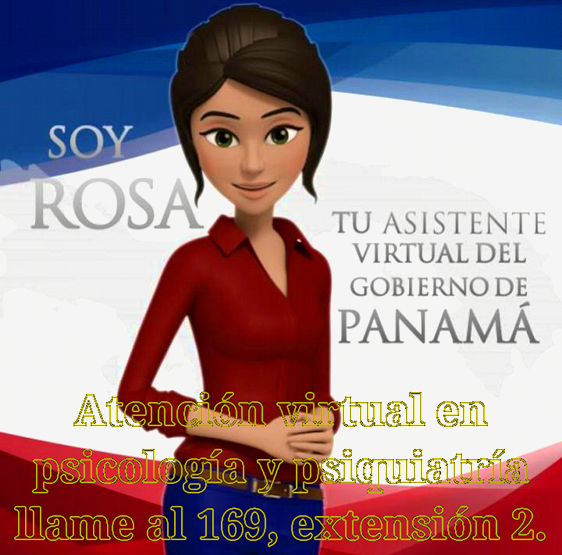
During this quarantine Claro has increased the cost of Internet service for The Panama News by at least six-fold. The website is produced in an area where no other company offers Internet connections. To help with that, there are two things you might do:
1: Send money to the The Panama News Internet number, which is 62757611, via Ding at https://www.ding.com or
2. Buy Claro prepaid phone cards, scratch off the covering on the code numbers and email those numbers to fund4thepanamanews@gmail.com
Contact us by email at fund4thepanamanews@gmail.com
To fend off hackers, organized trolls and other online vandalism, our website comments feature is switched off. Instead, come to our Facebook page to join in the discussion.
These links are interactive — click on the boxes

